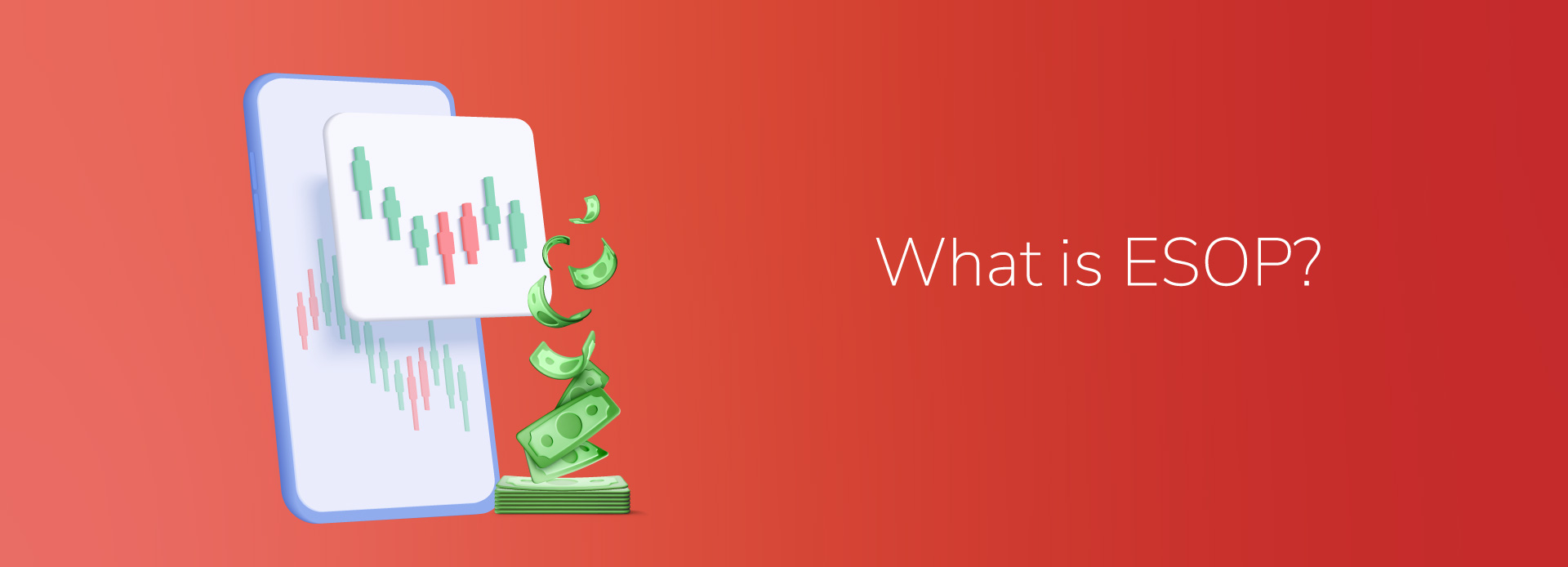
What is ESOP?
29 May 2024 | By INDIE
In the current competitive job market, employers strive to offer enticing perks and benefits to attract and retain top talent. Employee compensation has evolved far beyond the traditional pay package of salaries and bonuses. Among these offerings is the Employee Stock Ownership Plan (ESOP) - a unique arrangement that goes beyond immediate monetary rewards.
If you own a company, you might wonder, what's the catch? Why would you give away a part of the company ownership? Well, ESOPs are strategic tools you can use to align the interests of employees with the overall success of your company. This aims to foster a sense of loyalty, boost productivity, and ultimately drive profitability. Moreover, ESOPs aren't just about handing out shares. In this blog post, we'll cover what ESOP stands for, explore its benefits, and more.
Understanding ESOP in detail
ESOP stands for Employee Stock Ownership Plan. This acronym refers to the dynamic approach to employee compensation, representing a strategic initiative undertaken by companies to share ownership with their workforce.
Through ESOPs, you can grant employees the opportunity to acquire shares in your company, thereby allowing them to become partial owners alongside traditional shareholders. This arrangement is designed to align the employees’ interests with the overall objectives and performance of the organisation.
ESOPs are not just a means of remuneration; they symbolise a commitment to establishing a culture of shared success and collective prosperity within the company.
Recommended Read: How to Start Trading in the Stock Market?
How Does ESOP Work?
Employee Stock Ownership Plans operate through a structured process overseen by employers. It involves the allocation of shares to eligible employees and the subsequent exercise of ownership rights. Here's a breakdown of the key steps involved:
1. Employers take the initiative to determine the number of shares to be allocated under the ESOP, their pricing, and the selection of beneficiary employees.
2. Once the shares are earmarked for the ESOP, eligible employees get them with a specific grant date to mark the beginning of the arrangement.
3. ESOP shares remain held within a trust fund for a designated period known as the vesting period. During this time, employees must maintain employment with the organisation to qualify for ownership rights.
4. Upon the expiry of the vesting period, employees gain the right to exercise their ESOPs. The vesting date marks this milestone, which signifies the point at which ownership rights are activated.
5. Employees can exercise their ESOPs by purchasing company shares at predetermined prices, typically set lower than the prevailing market value. This enables employees to acquire ownership stakes in the company at favourable terms.
6. Subsequently, employees have the option to sell the shares acquired through ESOPs, potentially realising gains on their investments. This allows employees to diversify their investment portfolios and access liquidity.
7. In the event of the employee’s exit from the organisation or retirement before the completion of the vesting period, the company repurchases the ESOP shares at fair market value within a specified timeframe, typically within 60 days.
Benefits of ESOPs for Employees
● ESOPs can provide your employees the opportunity to become partial owners of the company, allowing them to hold a stake in the company's share capital.
● As shareholders, employees are entitled to receive a portion of the company's profits in the form of dividends.
● When exercising their ESOPs, employees typically can purchase company shares at a discounted or preferential rate. This can potentially lead to greater returns on their investment over time.
Benefits of ESOPs for Employers
● ESOPs incentivise employee loyalty by requiring participants to remain with your company during the vesting period before exercising their options. This can lead to higher employee retention rates.
● ESOPs can also drive enhanced productivity and performance by correlating employees’ efforts and financial rewards.
ESOPs serve as a valuable tool to attract and retain top talent. They can be a powerful incentive for attracting skilled individuals who are willing to invest their time and talent in the company's success.
Disclaimer: The information provided in this article is generic and for informational purposes only. It is not a substitute for specific advice in your circumstances. Hence, you are advised to consult your financial advisor before making any financial decision. IndusInd Bank Limited (IBL) does not influence the views of the author in any way. IBL and the author shall not be responsible for any direct/indirect loss or liability incurred by the reader for making any financial decisions based on the contents and information.




